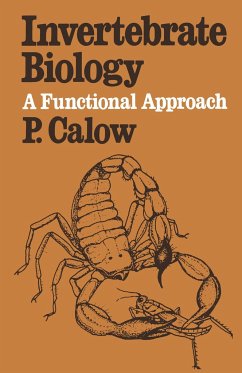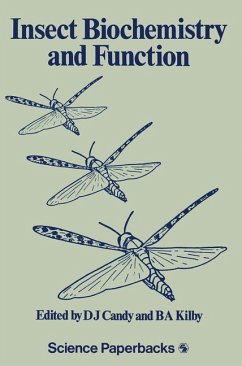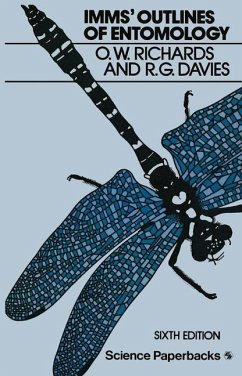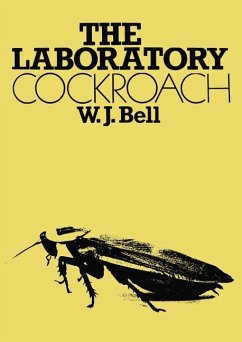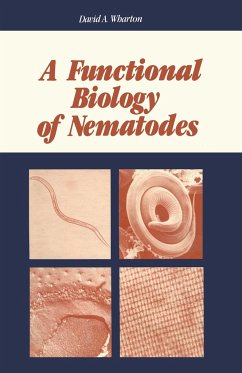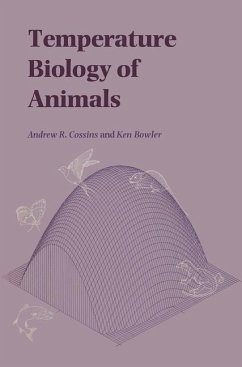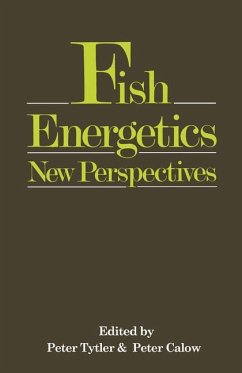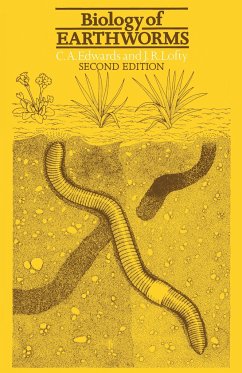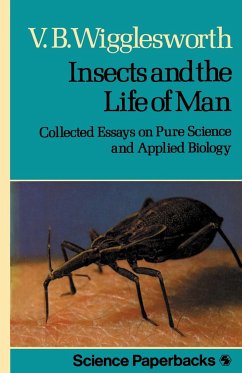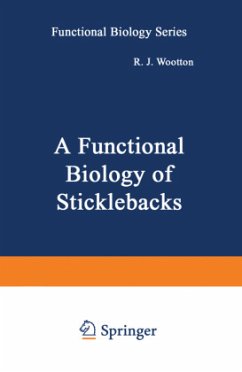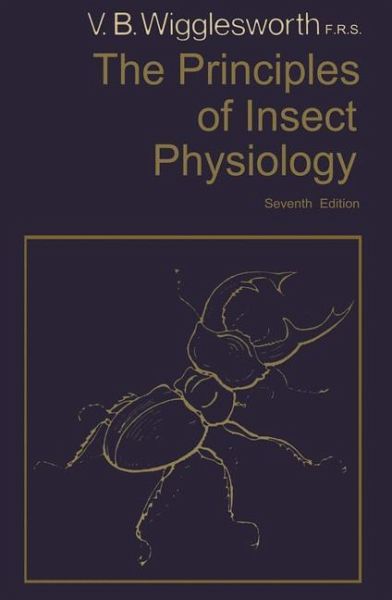
The Principles of Insect Physiology

PAYBACK Punkte
50 °P sammeln!
INSECTS PROVIDE an ideal medium in which to study all the problems of physiology. But if this medium is to be used to the best advantage, the principles and peculiarities of the insect's organization must be first appreciated. It is the purpose of this book to set forth these principles so far as they are understood at the present day. There exist already many excellent text-books of general ento mology; notably those of Imms, Weber, and Snodgrass, to mention only the more recent. But these authors have necessarily been preoccupied chiefly with describing the diversity of form among insects; d...
INSECTS PROVIDE an ideal medium in which to study all the problems of physiology. But if this medium is to be used to the best advantage, the principles and peculiarities of the insect's organization must be first appreciated. It is the purpose of this book to set forth these principles so far as they are understood at the present day. There exist already many excellent text-books of general ento mology; notably those of Imms, Weber, and Snodgrass, to mention only the more recent. But these authors have necessarily been preoccupied chiefly with describing the diversity of form among insects; discussions on function being correspondingly condensed. In the present work the emphasis is reversed. Struc ture is described only to an extent sufficient to make the physiological argument intelligible. Every anatomical peculiarity, every ecological specialization, has indeed its physiological counterpart. In that sense, anatomy, physiology and ecology are not separable. But regarded from the standpoint from which the present work is written, the endless modifications that are met with among insects are but illustrations of the general principles of their physiology, which it is the aim of this book to set forth. Completeness in such a work is not possible, or desirable; but an endeavour has been made to illustrate each physiological characteristic by a few concrete examples, and to include sufficient references to guide the student to the more important sources. The physiology of insects is to some the handmaid of Economic Entomology.





